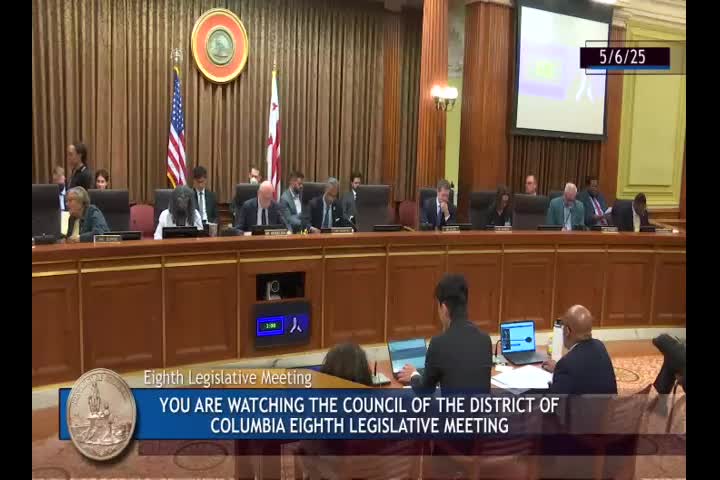Article not found
This article is no longer available. But don't worry—we've gathered other articles that discuss the same topic.
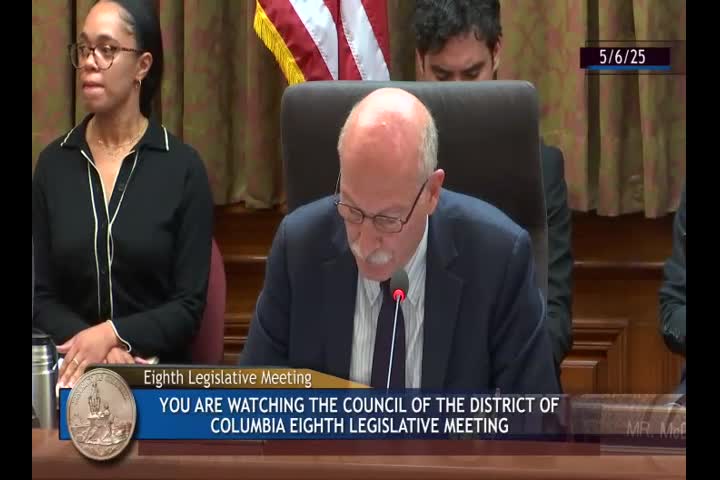
Council approves emergency change to NIL law and suspends expanded disclosure rulemaking; Councilmember White recuses
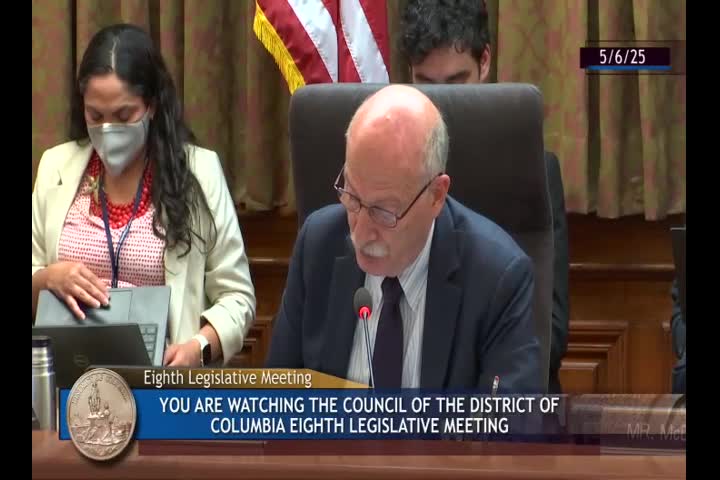
Council postpones vote on 1333 M Street SE tax abatement after members question $61 million estimated foregone revenue
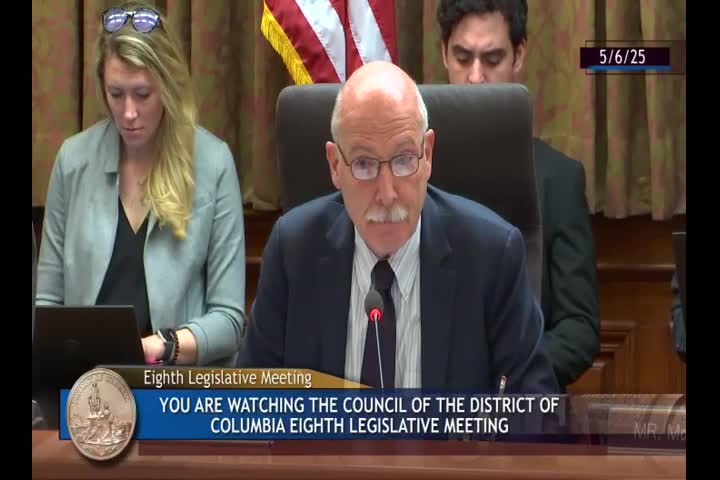
D.C. Council advances ERAP reform to tighten documentation, limit eviction delays to approved applications
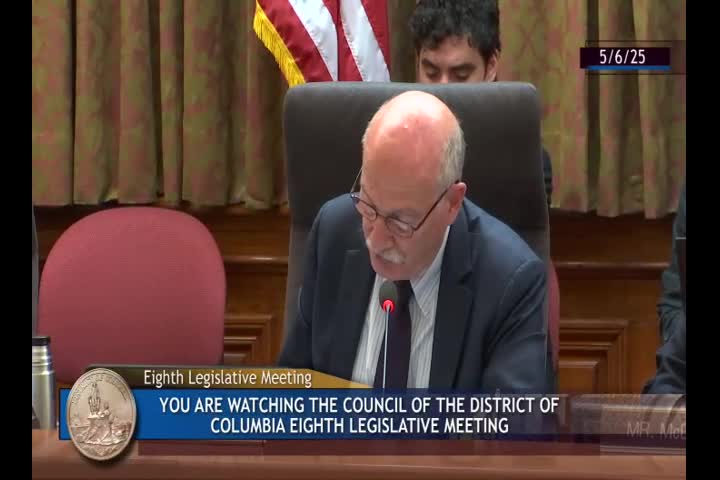
Votes at a glance: May 6 D.C. Council legislative meeting — several temporaries and procedural items moved; two tenant-related measures postponed indefinitely
